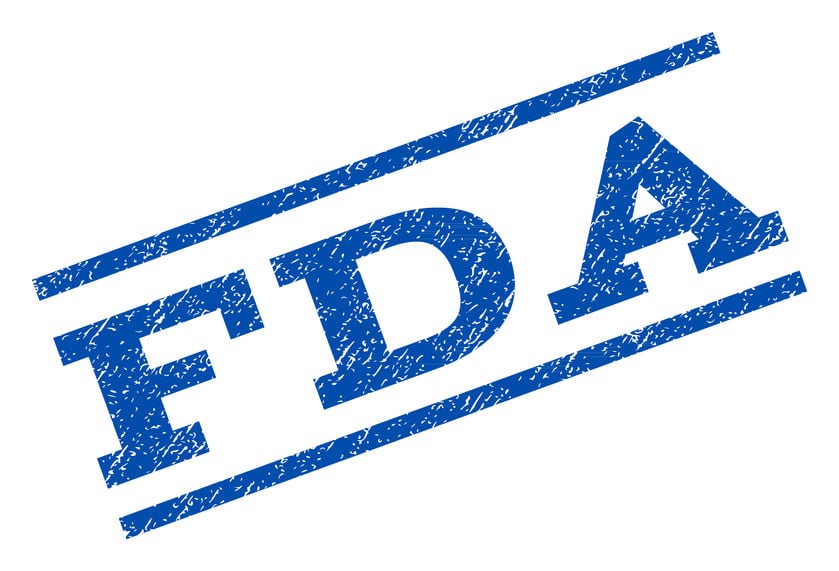Non-steroidal anti-inflammatory drugs (NSAIDs) like ibuprofen are on just about every store shelf in America. Millions of people use them whenever they feel the slightest bit of discomfort. But even though these medications are seemingly everywhere, that doesn’t mean they don’t carry with them potentially major risks.
Why People Use NSAIDs
People turn to NSAIDs for a lot of different problems, some relatively minor and some that are chronic. Motrin, Advil, Aleve, and other NSAIDs can bring temporary relief of pain caused by issues such as toothaches, headaches, sore muscles, and backaches, but they can also help people suffering from issues such as rheumatoid arthritis, osteoarthritis, and others.
Study Produces Shocking Results
Ibuprofen and other NSAIDs like celecoxib and naproxen are generally safe – as long as you follow the directions for use, and only use them once in awhile. But if you use them on a regular basis, and at high doses, you could be setting yourself up for some major problems, according to a study that appeared in the May 9, 2017, issue of the British Medical Journal (BMJ).
According to the study, people can be at a higher risk of suffering a heart attack after taking NSAIDs for just a few days. If you take 750 mg of naproxen (about four Aleve tablets) per day, or 1,200 mg (six Advil tablets) each day, you could face as much as a 20-50 percent higher risk.1
The study that appeared in the BMJ was substantial, consisting of analysis of several other studies that involved nearly 450,000 people – more than 61,000 of whom had suffered a heart attack.
The result showed that people who used NSAIDs for seven days straight had a substantially higher risk of suffering a heart attack, and the risk was even higher for those who took the medications for a month or more.
The BMJ study also took into account other factors that could result in a link between NSAID use and an increased risk of heart issues, such as a previous history of heart problems, high levels of cholesterol, and diabetes. Researchers adjusted their findings for these factors, and they still showed a substantial connection between NSAID use and heart attacks.
Previous Findings
This isn’t the first study conducted on the potential effects of NSAID use on heart health. Others have also shown a heightened risk. But the number of people involved in the BMJ study, along with the detailed analysis that was performed, goes a long way toward validating earlier findings.
In 2016, the BMJ published another study that focused on a specific class of NSAID medication known as COX-2 inhibitors, which are stronger than over-the-counter drugs such as Aleve or Advil. This study showed that people using COX-2 inhibitors such as rofecoxib and etoricoxib were at a 19 percent higher risk of suffering heart failure.2
Again, the higher the dosages of the drugs, the more significant the risk.

FDA Warning
The growing body of evidence linking NSAID use to an increased risk of heart problems resulted in the U.S. Food and Drug Administration (FDA) issuing an updated consumer warning in 2015.3 The agency announced that it was strengthening its warning for both prescription and over-the-counter NSAIDs to include not only an increased risk of heart attack, but stroke as well. According to the FDA, people who use NSAIDs for even just a few weeks could be at a higher risk – the longer they take them, the higher the risk. However, the warning did not apply to aspirin, even though it’s in the NSAID class.3
Those who already have developed cardiovascular problems, such as people who have had cardiac bypass surgery or suffered a prior heart attack, are at the greatest risk, according to the FDA. The agency announced that people who have had a heart attack and take NSAIDs are at a higher risk of either having another attack, or of dying from a related cause.
What You Need to Do
According to the FDA, NSAIDs are still very effective in treating problems such as fever, inflammation, and pain. You can still take them, of course, but you need to make sure you follow the directions for use, take the smallest dose that is still effective, and take it for the shortest amount of time possible. If you have high blood pressure or heart disease, it’s very important that you talk to your doctor first before using any kind of NSAID. Weigh your options carefully, taking into account the benefits as well as the potential risks. If you’re already taking aspirin as a part of your regular regimen of protecting yourself against a stroke or heart attack, naproxen, ibuprofen, and other NSAIDs may counteract that protection.
NSAIDs are still an effective way to get temporary relief from pain, as long as you use them correctly. Taking NSAIDs in moderation and reducing risk factors such as smoking and high cholesterol will go a long way toward lowering the chances that you will have heart problems.
Want more helpful health tips? Keep reading:
7 Natural Remedies For Reducing Muscle Pain
Type-2 Diabetes Prevention: 7 Steps You Can Take to Avoid it
Sources:
1.http://www.bmj.com/content/357/bmj.j1909
2.http://time.com/4512169/painkillers-ibuprofen-heart-problems/?iid=sr-link2
3.https://www.fda.gov/ForConsumers/ConsumerUpdates/ucm453610.htm
